Reliable health data remains scarce in many African countries, leaving doctors to make treatment decisions with only fragments of the full picture. A 2021 World Health Organisation (WHO) report found that nearly two-thirds of countries in its African region lacked the capacity to accurately record births and deaths, while data on non-communicable diseases was even thinner.
For millions of people with chronic diseases, this information gap undermines care, research, drug production, and health system planning.
Clarrio.ai, a predictive analytics platform, recognised this problem and is using advanced artificial intelligence to transform a person’s physiological, behavioural, and environmental signals into predictive insights.
Clarrio was initially called Knowlepsy when it launched in 2023 and was dedicated to addressing epilepsy management. CEO and Co-founder, Firas Rhaiem, whose ‘s sister who was epileptic could not receive proactive treatment because of missing health information, including frequency of seizures and other environmental data. Rhaeim began building a tool to aggregate and interpret her records. It transformed his sister’s care, shifting her from weekly seizures to going years without one.
After Rhaiem and his team began to look into the problem of missing health data, they recognised that not only epileptic patients faced this challenge. “We saw that no one had data not only for epilepsy but for all chronic diseases. If you leave the hospital, you’re disconnected,” Rhaiem said.
Knowlepsy rebranded from a niche epilepsy platform to Clarrio, a device-agnostic data aggregation platform for chronic diseases.
How it works
KnowRisk is Clarrio’s core application suite. For patients with chronic diseases, it is an app linked to their wearable devices, like a smartwatch, logging environmental data and activities like sleep, stress, mood, menstrual cycle, and Heart Rate Variability. The platform uses a Convolutional Neural Network (CNN)—a computer system designed to extract features from grid-like matrix datasets—to convert the real-time data and historical data into patterns for pattern recognition.
To extract the data points, KnowRisk uses Large Language Models (LLMs). It also uses Long Short-Term Memory (LSTM)—a computer network that remembers prior information and uses it for processing the current input—for predictive analysis. This process allows the system to help patients identify and avoid personal triggers that could escalate their condition. The platform is interoperable and works across 300 devices, including Huawei, Apple, Xiaomi, Fitbit, and devices supplied by Clarrio.
For hospitals, pharma companies, and other medical entities, KnowRisk is a Software as a Service (SaaS) dashboard that unifies incoming patient data with clinical records and generates early AI-driven risk alerts. It can be deployed in advanced and resource-limited hospital environments, as it requires only basic internet access. The platform is not limited to a specific disease—it currently covers epilepsy and migraine and is working on asthma cases and cardiovascular disease.
Under the hood
Clarrio’s business model is strictly business-to-business (B2B), targeted at health systems, pharmaceutical companies, and insurers. Patients and doctors use the platform for free. Costs are charged annually to institutional players from $942 to $1,178 per patient, or they can enter into larger enterprise contracts.
The startup identifies its major competitors as Flatiron Health, Verily, and IQVIA—global players largely focused on oncology or working with isolated, siloed data. It believes its focus on chronic diseases, its ability to capture data outside hospitals, and a proprietary dataset derived from real-world experiences, are major selling points.
Clarrio, which is used by over 500 patients, is active in Tunisia, Qatar, and South Africa through its partnership with hospitals, including Sidra Medicine and Hamad Medical Corporation (HMC) in Qatar and Netcare Hospitals in Johannesburg. It also partners with Microsoft, which lists, sells, and supports Clarrio through its marketplace.
Clarrio is venture-backed and claims to have raised over $1 million in equity from over 25 business angels and senior executives from Microsoft and Google. It claims to have achieved a 78.9% accuracy in detecting seizure triggers and a 30% drop in emergency visits.
It plans to expand from Africa and Qatar to the US market in 2026, broadening its disease coverage to cancer and autoimmune diseases. The company aims to aid the next wave of healthtech startups through anonymised data sharing.
“I’m not selling prediction,” Rhaiem adds. “I’m selling access to health data. If you have access to data, everything will become more personalised. Once personalised, the biggest winner is the entire healthcare system and the patients.”
Mark your calendars! Moonshot by TechCabal is back in Lagos on October 15–16! Meet and learn from Africa’s top founders, creatives & tech leaders for 2 days of keynotes, mixers & future-forward ideas. Get your tickets now: moonshot.techcabal.com
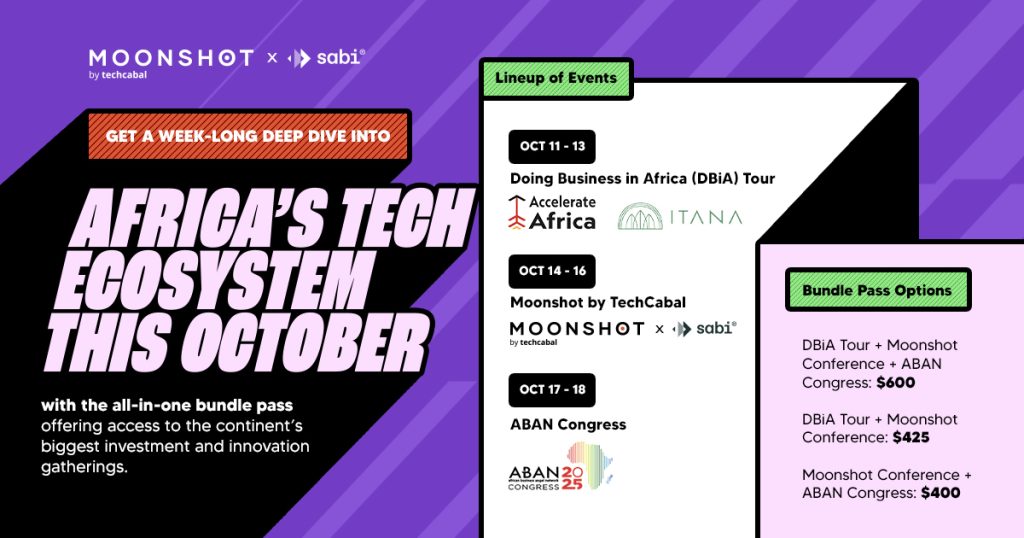



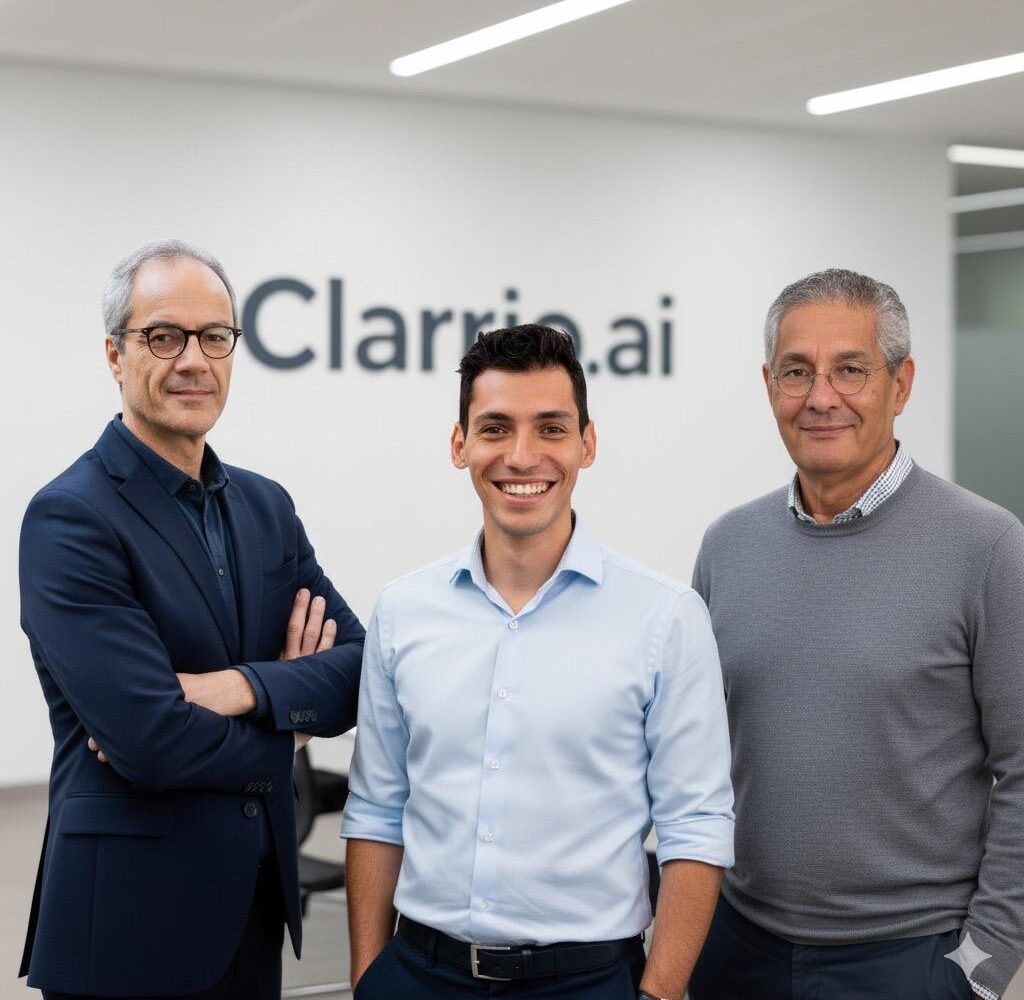


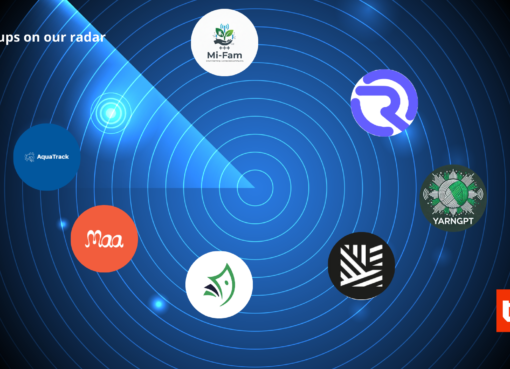
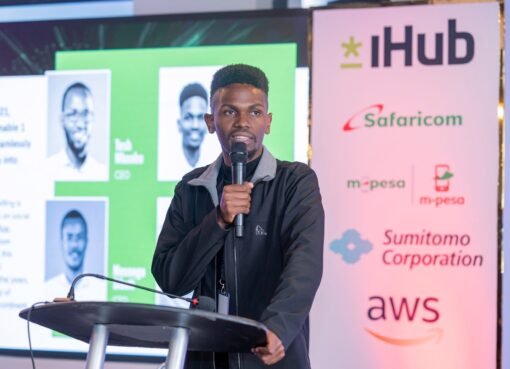
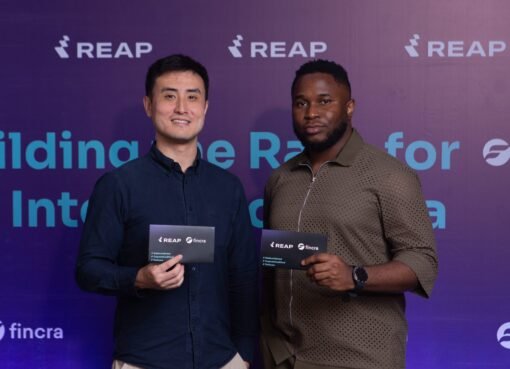


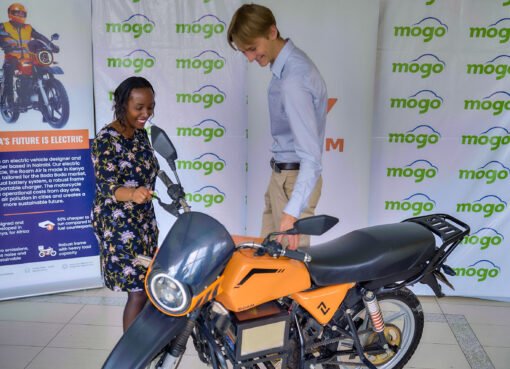
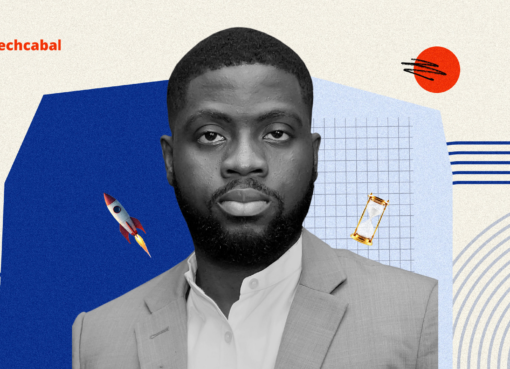
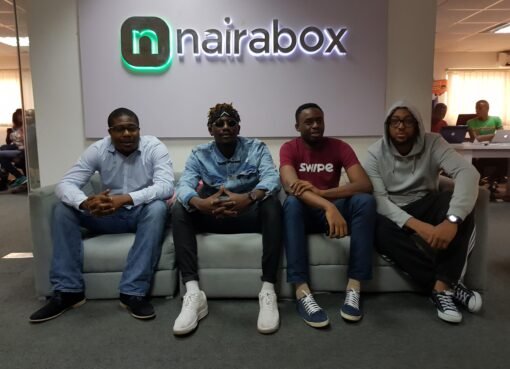
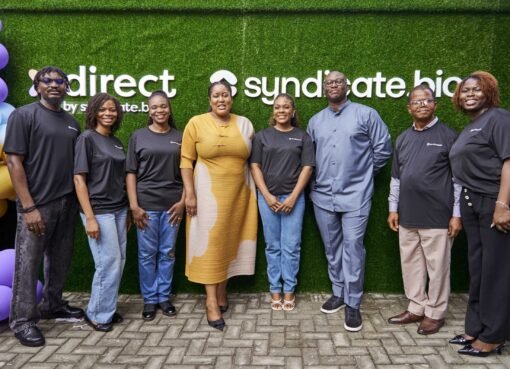
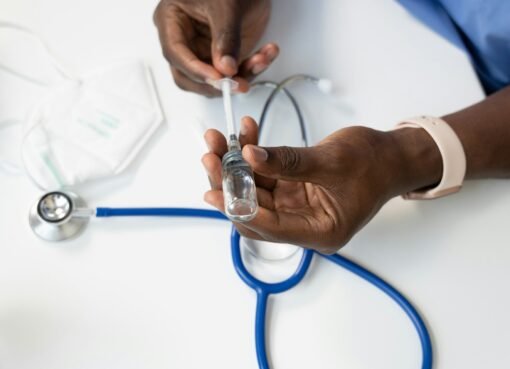
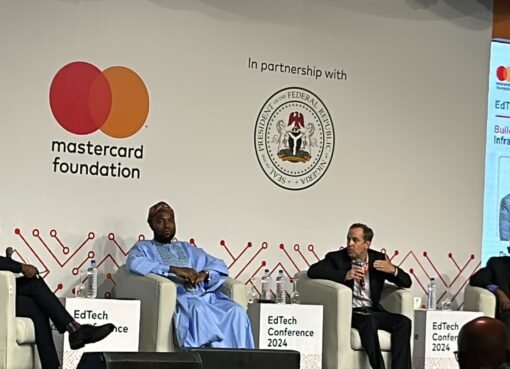


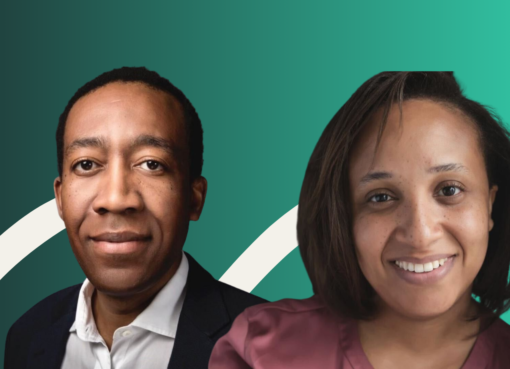

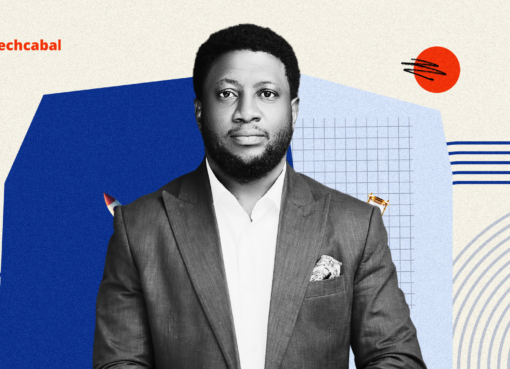

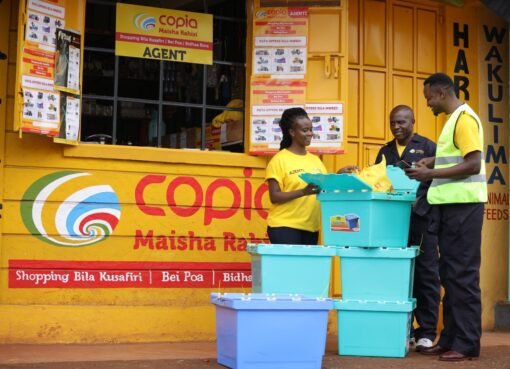

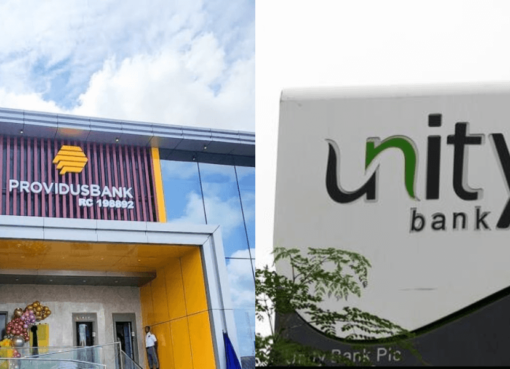









Comment here